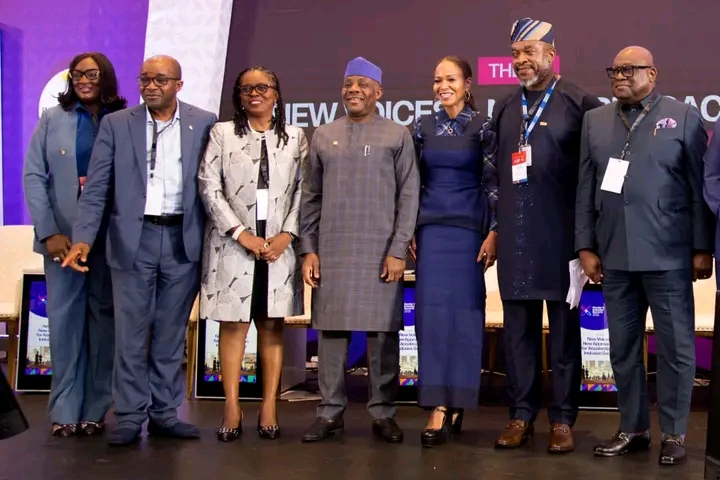The Minister of Education, Olatunji Alausa, has reassured Nigerians that the Federal Government will not allow industrial actions to disrupt the academic calendar, emphasizing that children will remain in school despite concerns raised by the Academic Staff Union of Universities (ASUU).
Speaking on Wednesday at the Gender Inclusion Summit organised by the Policy Innovation Centre in Abuja, Alausa dismissed fears of a looming strike over the government’s non-implementation of the 2009 ASUU-FGN Agreement. The agreement covers issues such as sustainable university funding, revitalisation of infrastructure, payment of 25–35 per cent salary arrears, delayed promotions, unremitted third-party deductions, and alleged victimisation of members.
“We will keep our children in school,” the minister assured. “We are engaging ASUU and other unions with the highest level of mutual respect. I don’t think there is any need to publicise private conversations, but I can confidently say ASUU will not go on strike. This is a responsible government, and we will ensure our children remain in school.”
On reforms in the education sector, Alausa highlighted the government’s transition of the West African Examinations Council (WAEC) and National Examinations Council (NECO) assessments to computer-based testing (CBT). According to him, this will help curb examination malpractice and improve learning outcomes.
“By November this year, the WAEC examination will adopt CBT for objective papers, while essay sections remain paper-based. From next year, both objective and essay components will be fully computer-based,” he explained. “This reform will encourage students to study harder, sharpen their cognitive skills, and improve overall learning quality.”
The minister further assured that underserved communities and children with disabilities would not be left behind, adding that the government had plans to provide transport and support infrastructure to facilitate their participation in CBT.
Also speaking at the summit, the Minister of Women Affairs, Hajia Imaan Sulaiman-Ibrahim, underscored the importance of women’s empowerment, revealing that women now head more than 40 per cent of Nigeria’s leading commercial banks.
“Female executives now occupy about 22 per cent of leadership positions, above the global average of 20 per cent,” she said. “A World Bank study shows that closing the gender gap in labour force participation could add as much as $229 billion to Nigeria’s GDP by 2030.”
She further highlighted reforms across states. In Adamawa, women are now legally entitled to own and inherit land, participate in traditional councils, and access a dedicated court to tackle early child marriage. Remarkably, women currently hold 100 per cent of vice-chairperson positions across all 21 local government councils in the state—well above the 35 per cent affirmative action target.
In Niger State, vice-chairmanship positions are reserved exclusively for women, while in Rivers State, a 19-year-old girl recently won a councillorship seat, signalling the rise of a new generation of female leaders.
The summit, themed “New Voices and New Approaches for Accelerating an Inclusive Society,” brought together policymakers, private sector leaders, and development partners to advance the inclusion agenda.
Chairman of the Policy Innovation Centre, Udeme Ufot, urged stakeholders to listen to excluded voices such as rural women, young innovators, and displaced persons, while stressing the need for data-driven social protection and innovative financing models for women entrepreneurs.
Similarly, the Chairman of the Nigerian Economic Summit Group (NESG), Niyi Yusuf, described the event as a milestone in Nigeria’s journey toward inclusivity.
“This year’s theme is timely,” he said. “It reminds us to move beyond old approaches and embrace new perspectives that reflect the realities of marginalised communities. Inclusion requires listening to voices that have long been silenced and ensuring they shape the decisions that affect their lives.”



